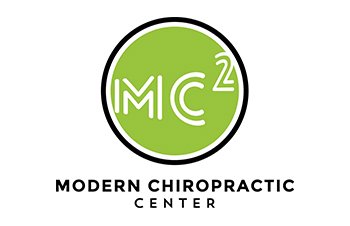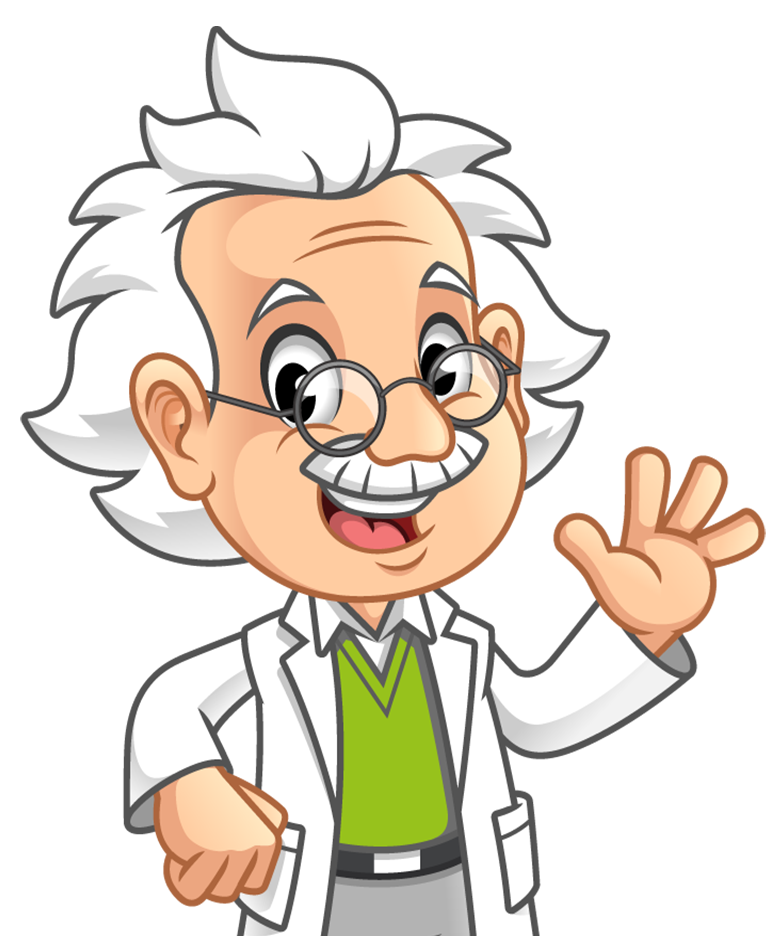Headaches After Whiplash: What You Need to Know
Have you ever heard of whiplash? It might sound like something out of an action movie, but it’s a real injury that can happen after a car accident or a sports injury. Whiplash can cause a lot of problems, including headaches. In this article, we’re going to explore what whiplash is, why it can lead to headaches, and what you can do to find relief.
Understanding Whiplash
First things first, what is whiplash? Whiplash occurs when your head suddenly jerks forward and then backward, just like the cracking of a whip. This fast and forceful movement can strain the muscles, ligaments, and tendons in your neck. It’s common in car accidents, especially when one car is hit from behind, but it can happen in other situations too, like during contact sports or a fall.
 Headaches After Whiplash
Headaches After Whiplash
So, how does whiplash lead to headaches? Well, it all starts with the impact that your neck experiences. When your head moves abruptly, it can cause the following:
- Neck Strain: The rapid movement can overstretch and strain the muscles and ligaments in your neck, leading to pain.
- Nerve Irritation: The force can also irritate the nerves in your neck and head.
- Changes in Blood Flow: Whiplash can disrupt the normal blood flow to your brain, which can trigger headaches.
All these factors combined can create the perfect storm for headaches. These headaches might not appear immediately after the injury but can show up a day or two, or even a week later.
Types of Headaches After Whiplash
There are a few different types of headaches that can follow a whiplash injury:
- Tension Headaches: These are the most common. They often feel like a tight band around your head and can be caused by muscle tension in your neck.
- Cervicogenic Headaches: These headaches originate in the neck and can spread to other areas of your head. They’re a direct result of the damage to your neck’s muscles and ligaments.
- Migraines: Some people may experience migraines triggered by whiplash. Migraines are often more severe and come with other symptoms like nausea and sensitivity to light.
- Post-Traumatic Headaches: These headaches might last for several months after the whiplash injury. They can be similar to tension headaches but are linked to the trauma your neck experienced.
Managing Headaches After Whiplash
If you’re dealing with headaches after a whiplash injury, you’re not alone, and there are things you can do to find relief:
- Rest: Give your body and neck time to heal. Rest is essential, especially in the days following the injury.
- Cold Compress: Applying a cold compress to your neck for 15-20 minutes at a time can help reduce inflammation and ease the pain.
- Exercise Therapy: Experienced doctors trained in whiplash injuries might recommend corrective exercises to help you regain strength and flexibility in your neck, as well as to improve posture.
- Neck Support: Using a neck brace or collar for a short time can help stabilize your neck and reduce pain. Your doctor will know if and when one of these is needed.
- Massage: Gentle neck massages can help relax tense muscles and improve blood flow.
- Heat or Ice Therapy: Applying heat or ice to your neck can help with muscle relaxation. Be sure to use heat pads with caution and follow the instructions of your doctor.
- Stay Hydrated and Eat Well: Dehydration and poor nutrition can worsen headaches, so make sure you’re drinking enough water and eating a balanced diet.
When to Seek Medical Help
While some headaches following whiplash are not cause for major concern, it’s essential to recognize when you should seek medical help:
- Severe or Worsening Headaches: If your headaches are getting worse, are more frequent, or feel unusually severe, it’s time to see a doctor.
- Persistent Headaches: If headaches persist for a couple days, you should seek immediate consultation with one of our board-certified Doctors of Chiropractic.
In Conclusion
Headaches after a whiplash injury can be a real pain, but with the right care and patience, they can be managed. Remember that everyone’s experience is different, and recovery time varies. If you’re dealing with headaches after whiplash, don’t hesitate to contact our team at Modern Chiropractic Center for guidance and support. Your health and well-being are essential, and you don’t have to face this challenge alone.



 Headaches After Whiplash
Headaches After Whiplash

No comment